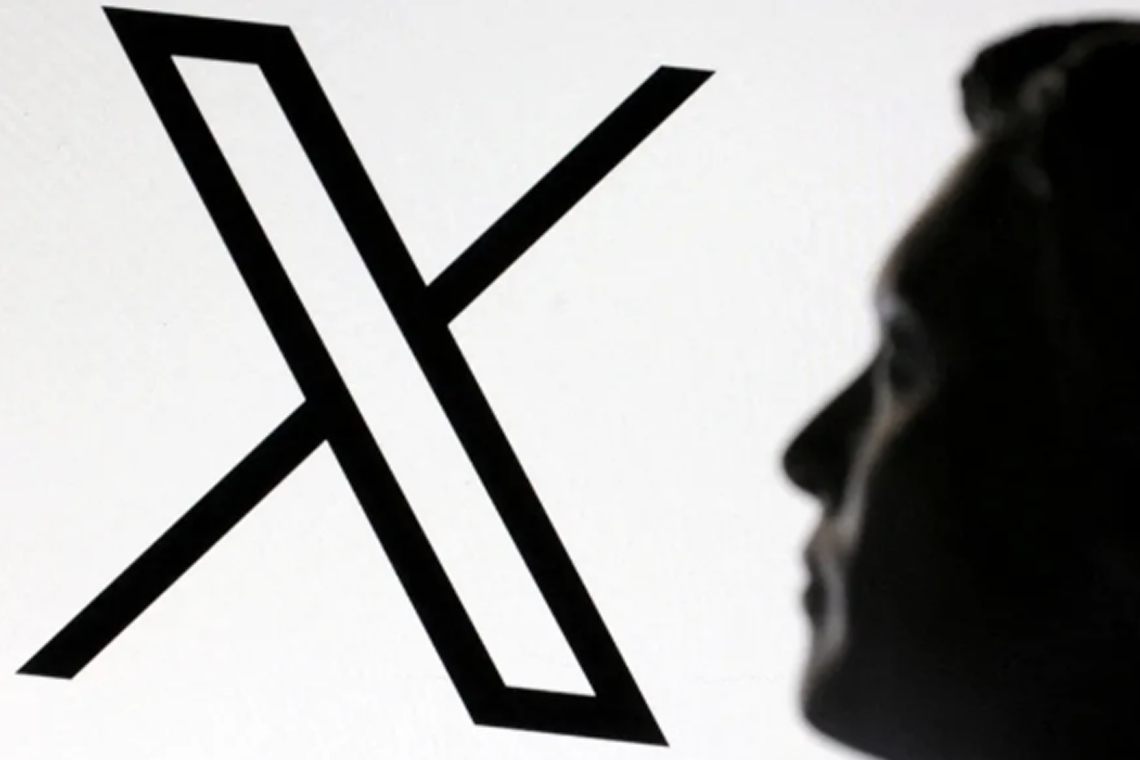X Enforces Stricter Rules on Parody Accounts to Curb Impersonation
Starting April 10, X (formerly Twitter) will implement new guidelines for parody and impersonation accounts in an effort to reduce confusion among users. Under the new policy, accounts that mimic other users or public figures must include terms like “fake” or “parody” at the beginning of their account names. Additionally, these accounts will no longer be allowed to use the same profile images as the individuals or organizations they imitate.
The move comes after repeated complaints about misleading impersonations on the platform, especially involving high-profile figures such as Elon Musk, the owner of X. “These changes are designed to help users better understand the unaffiliated nature of PCF [parody, commentary, and fan] accounts and reduce the risk of confusion or impersonation,” X explained in an official post.
X also urged account holders affected by the update to modify their profiles before the enforcement date. The rules will apply not only to parody accounts but also to fan and commentary accounts.
User reactions to the announcement were largely positive. Many expressed relief, hoping that the update would curb the proliferation of fake accounts impersonating Elon Musk. Some users noted the frequency of receiving messages from such impersonators, describing it as a weekly occurrence.
While many parody accounts already include disclaimers such as “parody” in brackets at the end of their usernames, this hasn’t always been effective. In cases where usernames are long and truncated in replies or timelines, users may not realize the content comes from a parody account—especially when the profile image is identical to the original.
Posts from parody Elon Musk accounts have varied widely, ranging from memes and jokes to promotions for cryptocurrency and fake giveaways. A notable example includes a viral post promising a Tesla giveaway, which gained over 428,000 likes and more than 200,000 replies.
X had previously introduced labels for parody accounts in January and continued to rely on its blue tick verification system to differentiate authentic users. However, the system has faced criticism. In July 2024, the European Union flagged the blue tick as a potential violation of online content laws, claiming it could mislead users. Musk responded by calling the EU’s claims “misinformation.”
After acquiring the platform in November 2022, Musk had vowed to crack down on unlabelled impersonations, promising bans for those who didn’t clearly identify their parody nature. The latest changes are a further step in that direction, aiming to bring greater transparency and trust to the platform.
Found this article interesting? Follow us on X(Twitter) and FaceBook to read more exclusive content we post.


